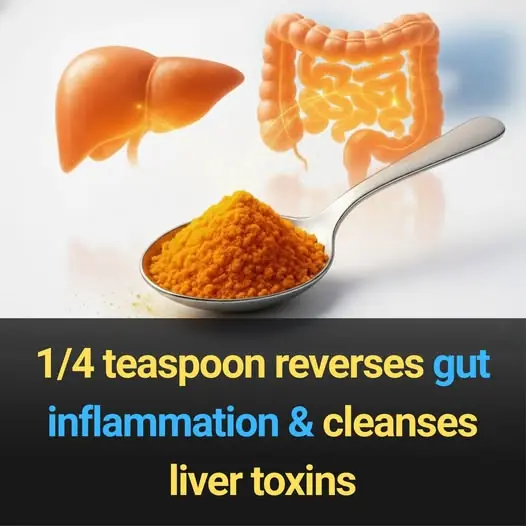
8 Amazing Foods To Clean Out Your Toxic Liver
Today, we’re going to explore the best foods that help support and cleanse your liver. Before we dive in, it’s important to understand that your liver does not naturally store toxins. Instead, its primary role is to detoxify harmful substances such as chemicals, poisons, medications, and environmental pollutants.
Many people mistakenly believe that toxins accumulate in the liver itself. In reality, this only becomes a problem if someone has fatty liver disease. In that case, toxins may get trapped in fat cells, causing inflammation and making the liver less efficient.
When your liver becomes inflamed, it attempts to heal by creating scar tissue. Excessive scar tissue can lead to cirrhosis, which severely reduces liver function and can result in serious long-term health issues.
The good news is that the liver is one of the few organs in the body that can regenerate itself. With the right foods and lifestyle choices, you can support its natural detoxification process and help it work at maximum capacity.
The Liver’s Essential Functions

The liver performs over 500 critical tasks, but three of the most important are:
-
Detoxification
-
Bile production
-
Hormone synthesis
Bile, produced by the liver and stored in the gallbladder, helps break down fats and absorb essential nutrients. Without enough bile, digestion becomes sluggish and fat begins to accumulate in the liver.
Your liver also plays a huge role in hormone production. It creates IGF-1 (Insulin-Like Growth Factor 1), which works alongside growth hormone to support fat burning, muscle growth, and protein synthesis. Additionally, the liver processes steroid hormones such as estrogen, progesterone, testosterone, and vitamin D3.
Another vital hormone associated with liver function is cortisol, the body’s primary anti-inflammatory hormone. Around 80% of circulating cortisol is made from HDL cholesterol produced in the liver. Without enough cortisol, your body struggles to manage stress and inflammation.
If your diet is high in sugar, the liver tends to produce excessive LDL cholesterol. When oxidized, this type of cholesterol can build up in the arteries and is strongly linked to non-alcoholic fatty liver disease (NAFLD).
Interestingly, people who take statin medications to lower cholesterol may experience hormone imbalances since cholesterol is needed to produce many hormones.
Common Symptoms of Liver Damage

Before we explore the top liver-cleansing foods, it’s helpful to recognize symptoms associated with liver dysfunction. These may include:
-
Skin itchiness
-
Jaundice (yellowing of skin or eyes)
-
Fatigue and lethargy
-
Swollen legs and abdominal bloating
-
Joint pain and stiffness
-
Nausea or reduced appetite
-
Cognitive decline or “brain fog”
-
Gallstones caused by insufficient bile and excess cholesterol
Even mild liver issues can create symptoms that many people dismiss as unrelated. But supporting your liver can often improve these issues dramatically.
Top 8 Foods to Cleanse and Detoxify Your Liver
8. Cruciferous Vegetables
Cruciferous vegetables—like kale, broccoli, Brussels sprouts, arugula, radishes, and mustard greens—are packed with sulforaphane, one of the most powerful natural detoxifiers.
Sulforaphane helps your liver:
-
Boost detox enzymes
-
Reduce inflammation
-
Process chemicals, caffeine, medications, and even environmental toxins
-
Break down excess fat in the liver
Sprouts from cruciferous vegetables contain up to 10 times more sulforaphane than mature plants. Adding even a small handful of broccoli or mustard seed sprouts to your meals can dramatically boost liver function.
These vegetables also contain cysteine, a building block of glutathione, the body’s master antioxidant. Glutathione protects all cells, reduces inflammation, binds toxins, and allows your body to flush them out safely.
To maximize sulforaphane levels, gently heat cruciferous vegetables or sprouts at low temperatures (no more than 70°C / 158°F for sprouts, 60°C / 140°F for mature vegetables).
7. Garlic
Garlic is rich in sulfur compounds that support liver detoxification and act as a natural antibiotic. Its benefits include:
-
Boosting glutathione production
-
Reducing liver fat
-
Protecting cells from oxidative stress
-
Providing antibacterial, antiviral, and antifungal effects
Garlic is also known for its anti-cancer properties and overall immune support.
6. Beets
Beets have been used for centuries as a liver-supporting food. They help lower elevated liver enzymes and activate bile salts that assist in removing fat from the liver.
Key benefits include:
-
Reducing inflammation
-
Protecting liver cells from damage
-
Slowing scar tissue formation
-
Supporting detoxification pathways
Because of their natural pigments and antioxidants, beets are especially helpful for people with fatty liver disease or sluggish bile flow.
5. Turmeric
Turmeric’s active compound curcumin is one of the most studied natural ingredients for liver health.
Curcumin helps:
-
Reduce liver fat
-
Protect against heavy metals (lead, arsenic, mercury, cadmium)
-
Fight inflammation
-
Support regeneration of liver tissue
-
Improve metabolic function and insulin sensitivity
The liver is the only organ in the body that can regenerate itself, and turmeric helps accelerate that process—making it a powerful addition to any liver-healing diet.
4. Mushrooms
Many mushrooms contain high levels of glutathione, which protects the liver from oxidative stress.
Mushrooms especially beneficial for liver health include:
-
Porcini
-
White button
-
Shiitake
-
Oyster
-
Reishi (for immune and liver support)
Reishi and shiitake mushrooms have strong hepatoprotective properties, meaning they shield liver cells from damage and support cellular repair.
3. Avocados
Avocados are rich in healthy fats and are one of the best dietary sources of glutathione. They help reduce inflammation and support detoxification.
Just one to two avocados per week can:
-
Improve liver function
-
Support recovery from fatty liver disease
-
Reduce risk of hepatitis-related inflammation
Their fiber and potassium content also help regulate digestion, which indirectly supports liver health.
2. Eggs
Egg yolks are one of the richest natural sources of choline, a nutrient crucial for preventing and reversing fatty liver disease.
Choline helps:
-
Move fat out of the liver
-
Prevent cholesterol buildup
-
Reduce inflammation
-
Support regeneration of liver cells
Organ meats like liver and kidney are also excellent sources of choline.
1. Prebiotics & Probiotics
The liver and digestive system are closely connected through the hepatic portal system. An imbalance of gut bacteria—known as dysbiosis—can send inflammatory signals directly to the liver.
Prebiotics and probiotics help:
-
Reduce liver inflammation
-
Lower liver fat levels
-
Improve bile production
-
Support healthy detoxification
-
Reduce fibrosis (scar tissue) in NAFLD patients
Prebiotic-rich foods:
-
Garlic
-
Onions
-
Asparagus
-
Bananas
Probiotic-rich foods:
-
Kimchi
-
Sauerkraut
-
Miso
-
Kombucha
-
Yogurt (unsweetened)
Together, these foods restore gut balance and significantly improve liver health.
News in the same category


Vitamin D3 cuts second heart attack risk by half

One Month Before A Heart Attack, Your Body Will Warn You Of These 7 Signs

4 vitamins to reverse neuropathy and damaged nerves – relieve foot & hand pain fast!
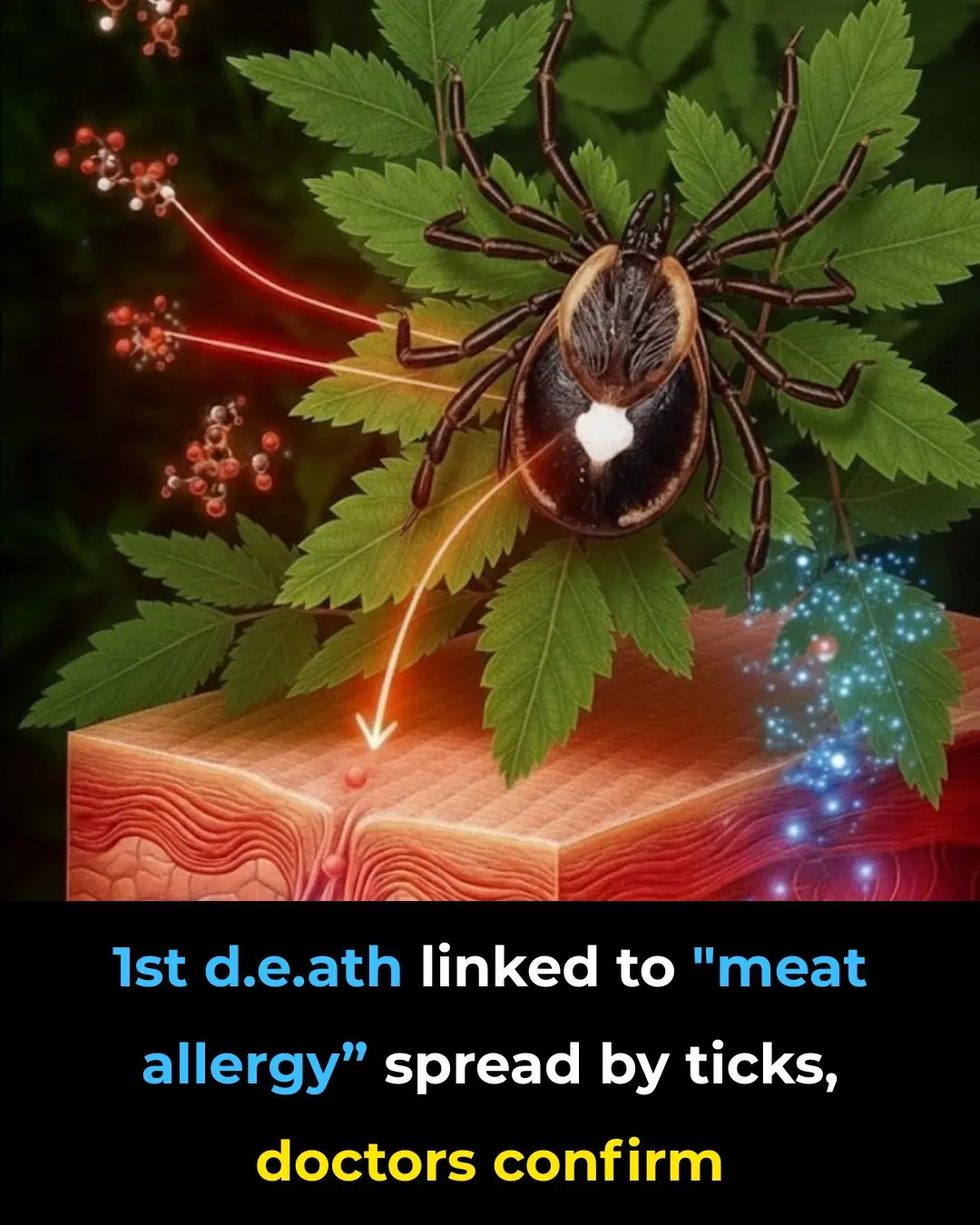
1st death linked to “meat allergy” spread by ticks, doctors confirm

Ignite Your Day: Eggs + Coffee for Unstoppable Stamina & Vitality
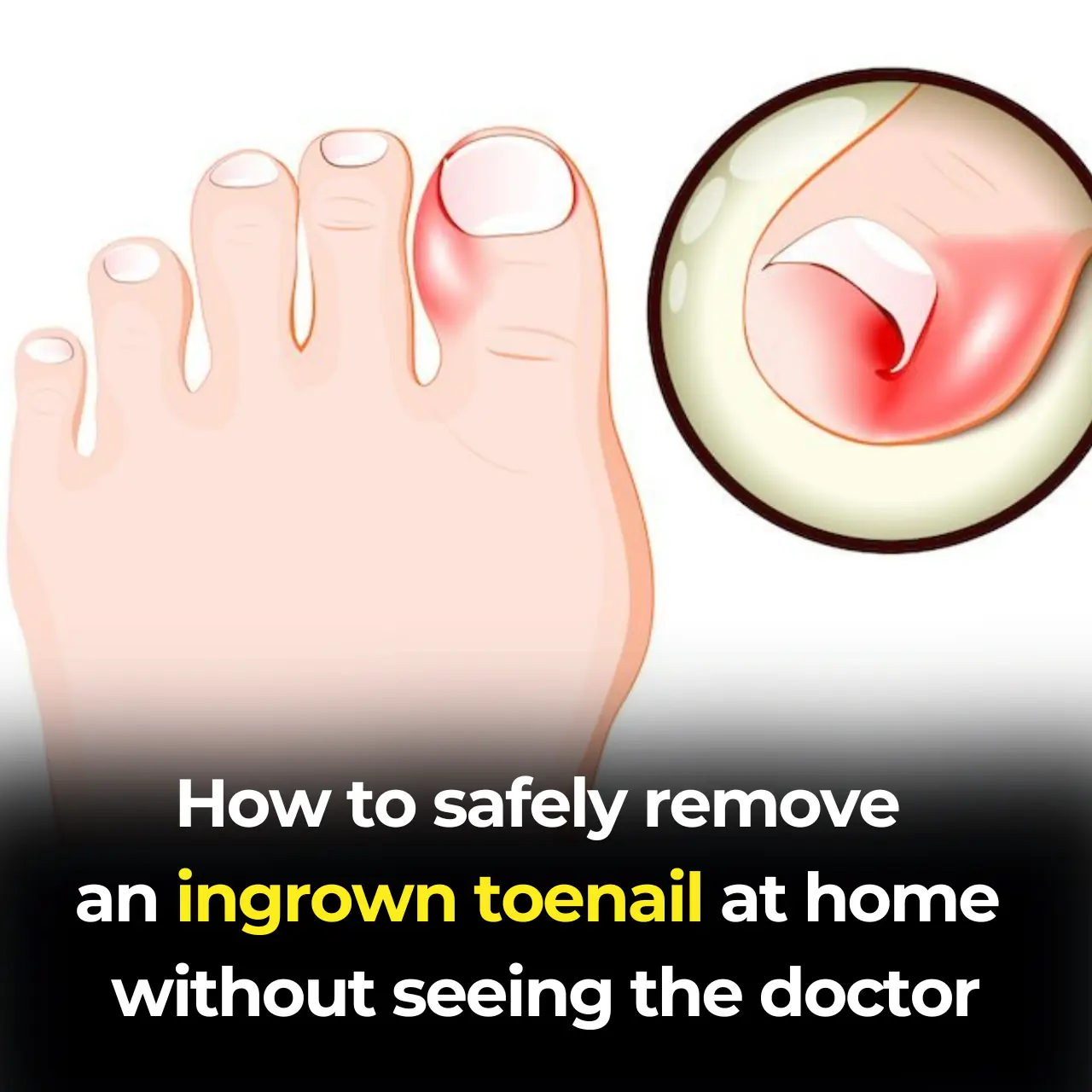
How to Effectively Remove a Painful Ingrown Toenail WITHOUT Having To Go To The Doctor

This Is What Happens To Your Lungs When You Dry Laundry Indoors
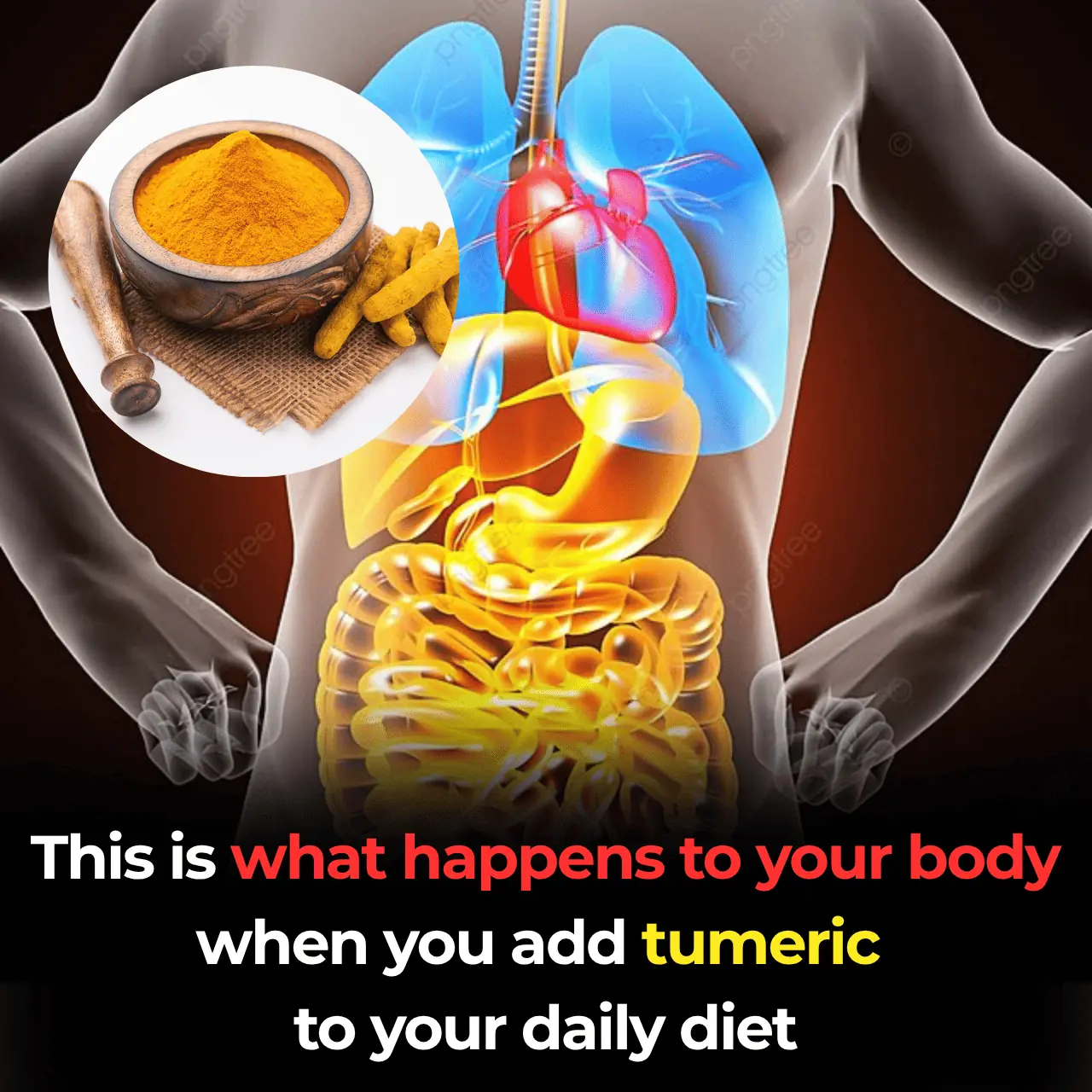
Medicinal Health Benefits of Turmeric, Curcumin and Turmeric Tea Based on Science
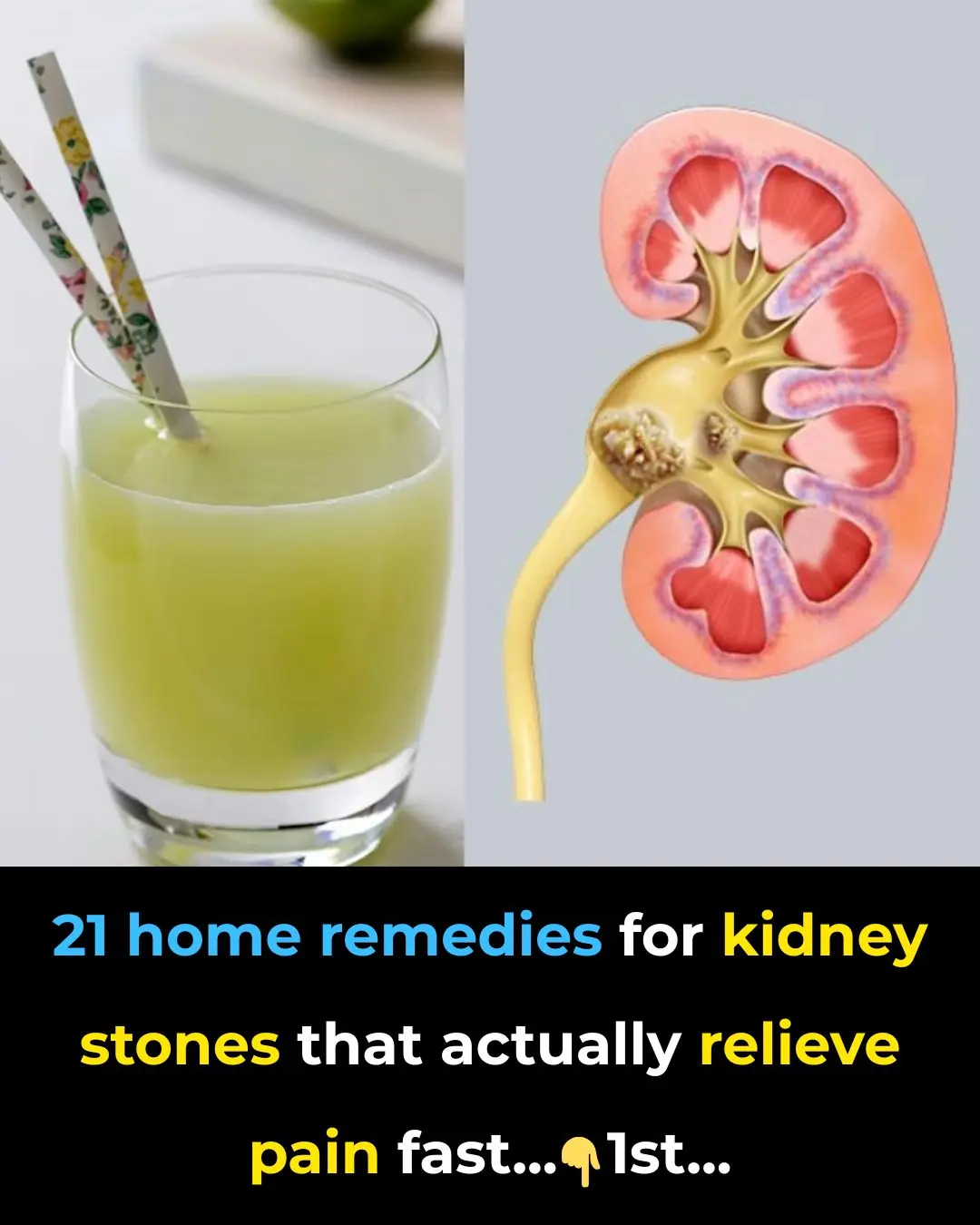
Home Remedies For Kidney Stones – 21 Remedies For Effective Pain Relief
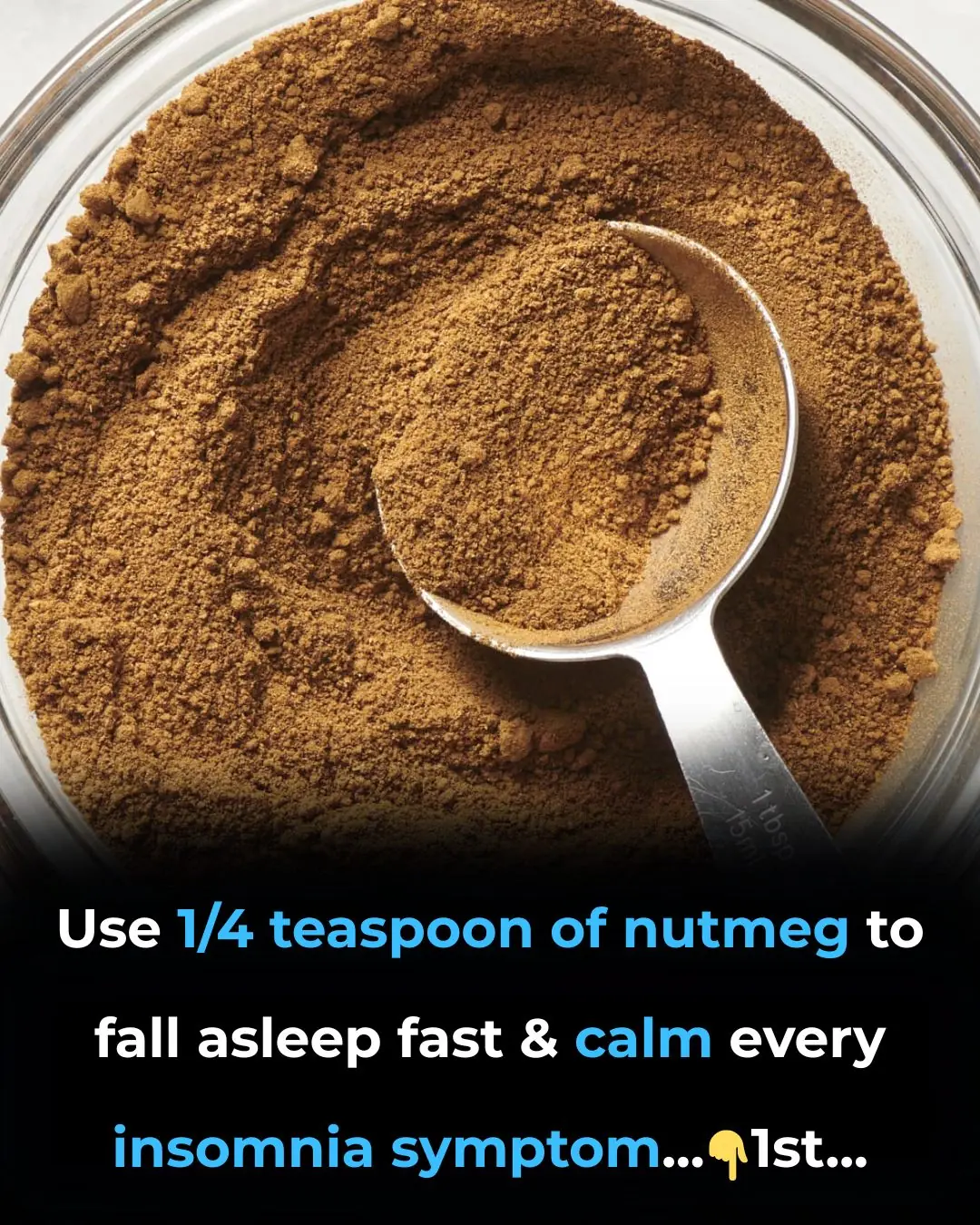
How to Use a ¼ Teaspoon of Nutmeg to Fall Asleep and Relieve ALL Your Insomnia Symptoms Overnight

Does The Inside Of Your Ear Itch
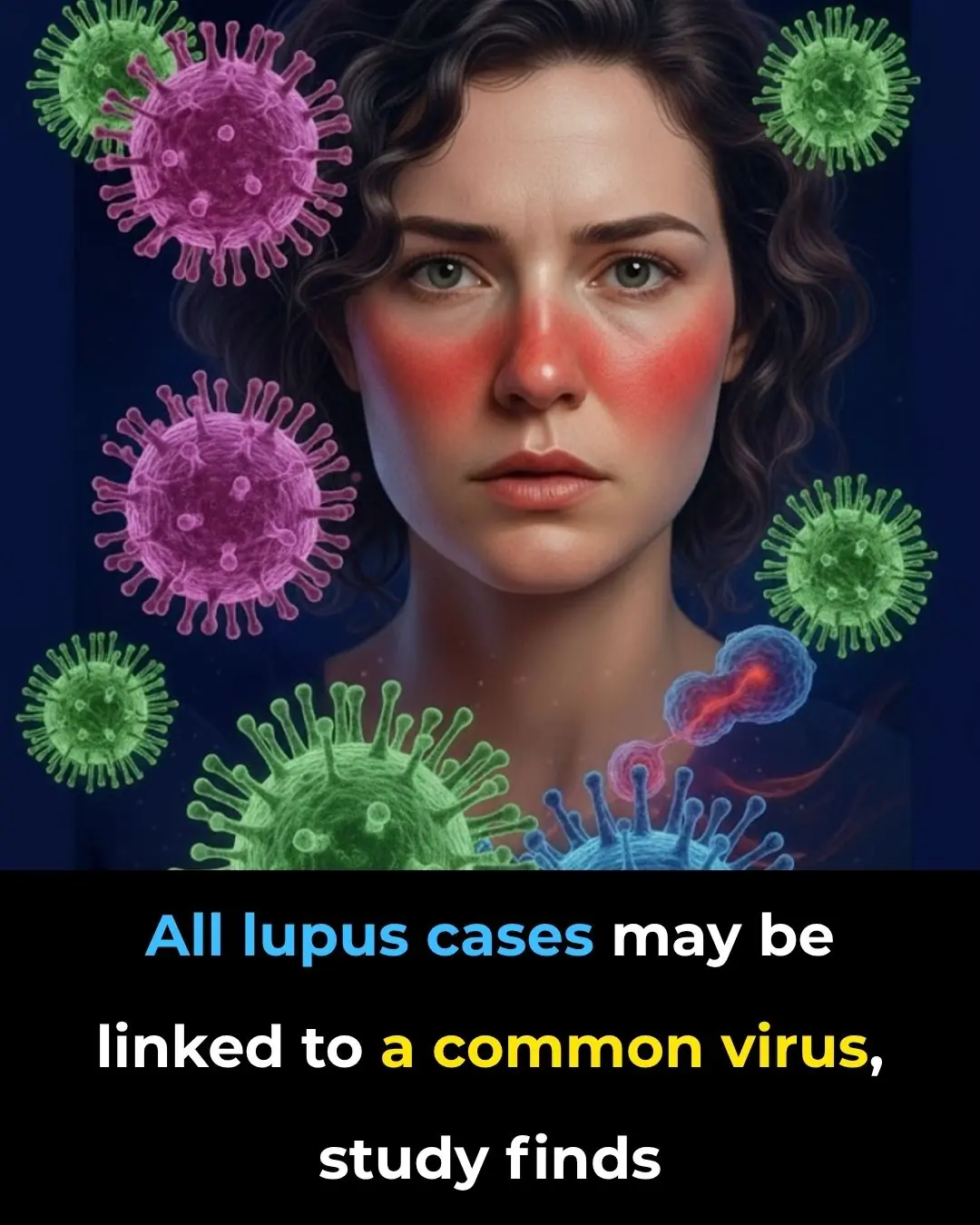
All lupus cases may be linked to a common virus, study finds
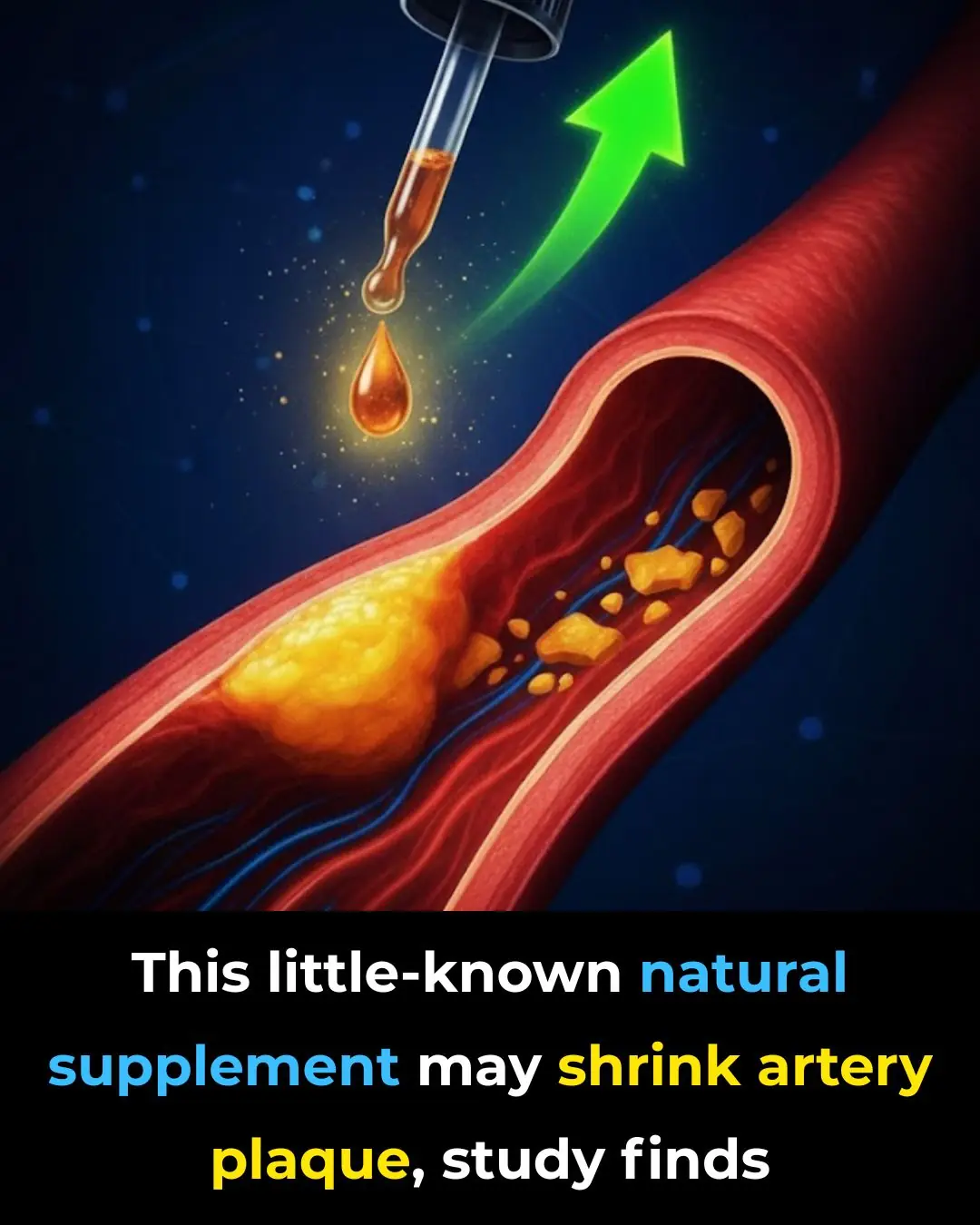
This little-known natural supplement may shrink artery plaque, study finds

This new million-person study just changed what we know about cholesterol and dementia

How to Survive a Heart Attack When You’re Alone: Immediate Steps You Must Take!
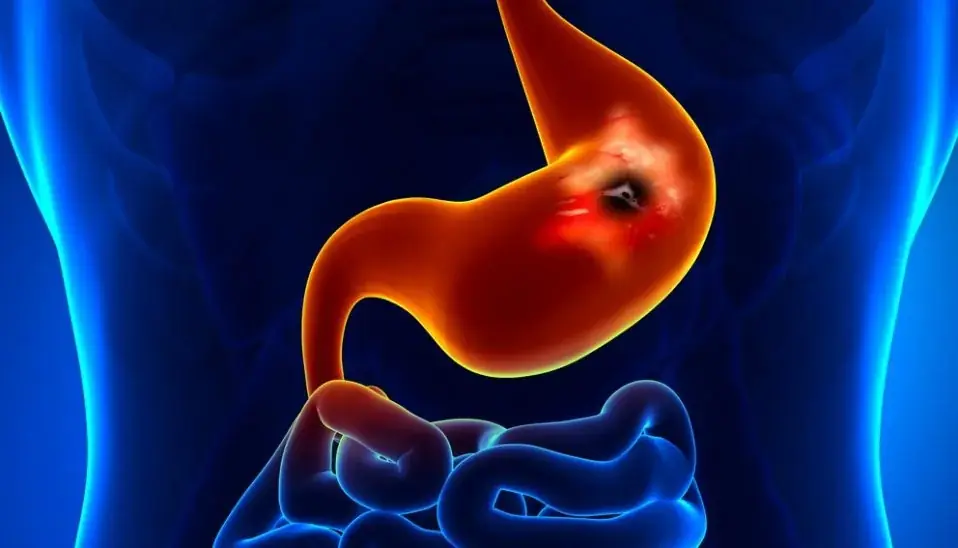
5 Early Warning Signs of Stomach Cancer: Even One Should Prompt a Medical Check-Up
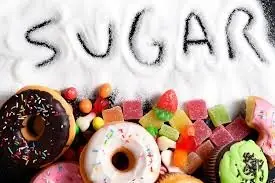
THE MOST OVERLOOKED SIGNS THAT YOU’RE CONSUMING TOO MUCH SUGAR EVERY DAY

Dead Butt Syndrome Is Real
News Post

Prince William’s gesture to Sara Cox following incredible news: “The nation’s so proud of you”

My Neurologist Says, No Frontotemporal Dementia!!!

Strictly’s Craig Revel Horwood “stunned” after doctor’s devastating health diagnosis: “The horrible truth”

1/4 teaspoon reverses gut inflammation & cleanses liver toxins

Use This Kesh Scalp Serum Daily To Double Your Hair Growth In 1 Month
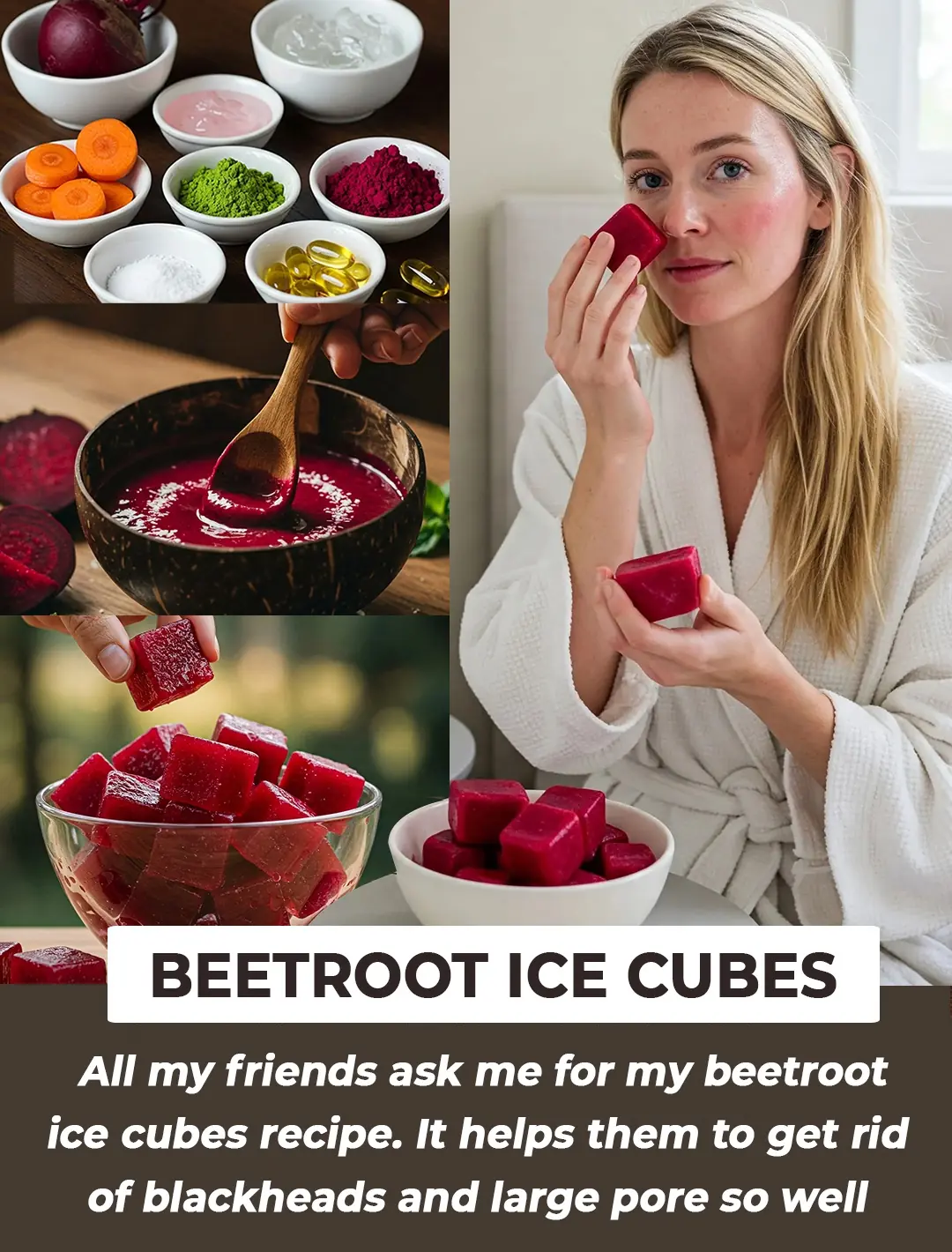
Homemade Beetroot Ice Cubes: The Best DIY Skincare Treatment for Glowing, Healthy Skin

The Ultimate 3-Step Tomato Clean-Up for Instant Glowing Skin: A DIY Guide for Radiant Skin
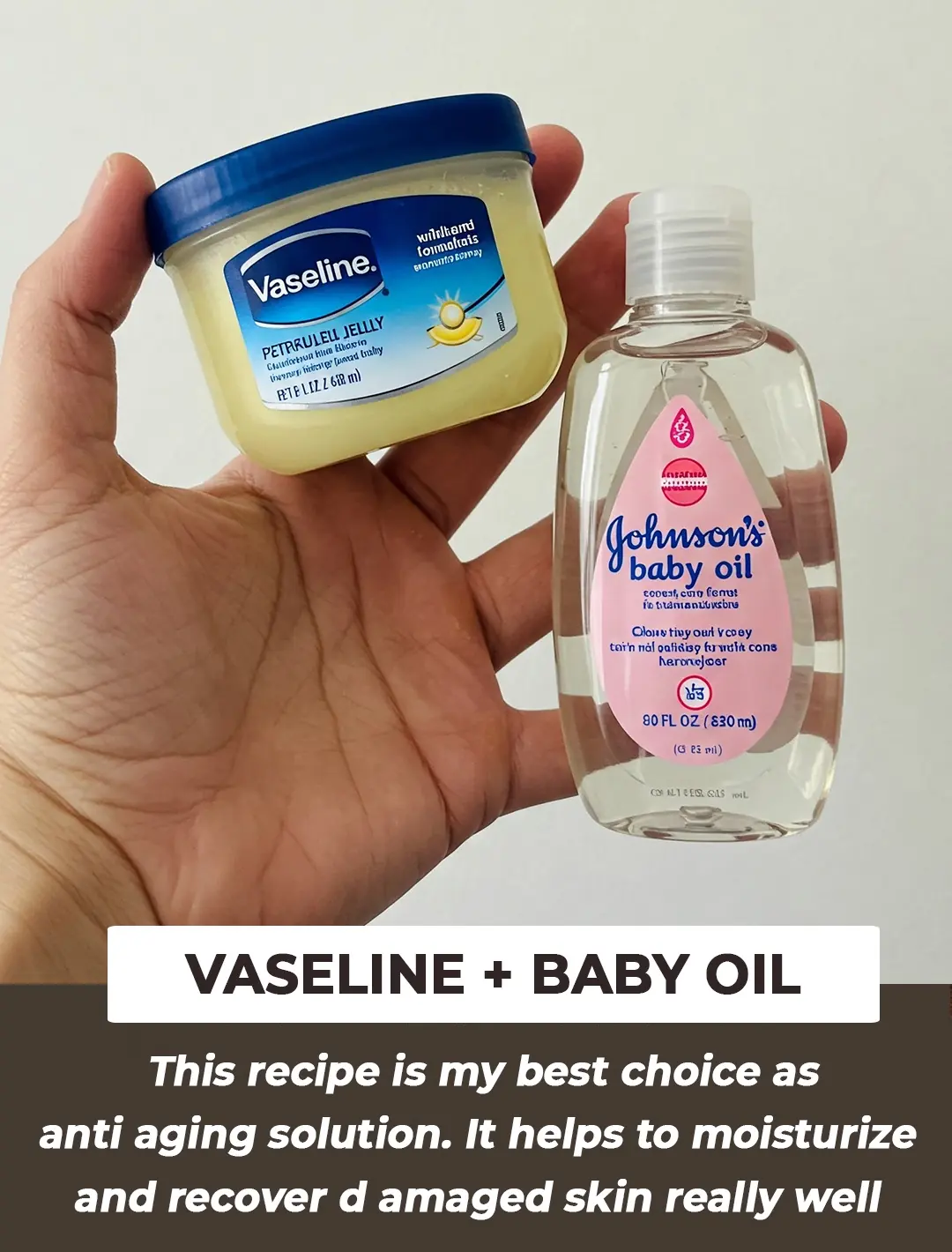
The Ultimate Anti-Aging Solution: How Vaseline and Baby Oil Can Transform Your Skin Overnight

20 Makeup Tips for Women Over 50 to Look Younger and More Radiant

Homemade Rice water & Methi Dana Toner for Glowing Skin

Meghan Markle’s close friend shares emotional message as she announces baby news

Lash Booster Serum To Get Thicker Beautiful Eyelashes
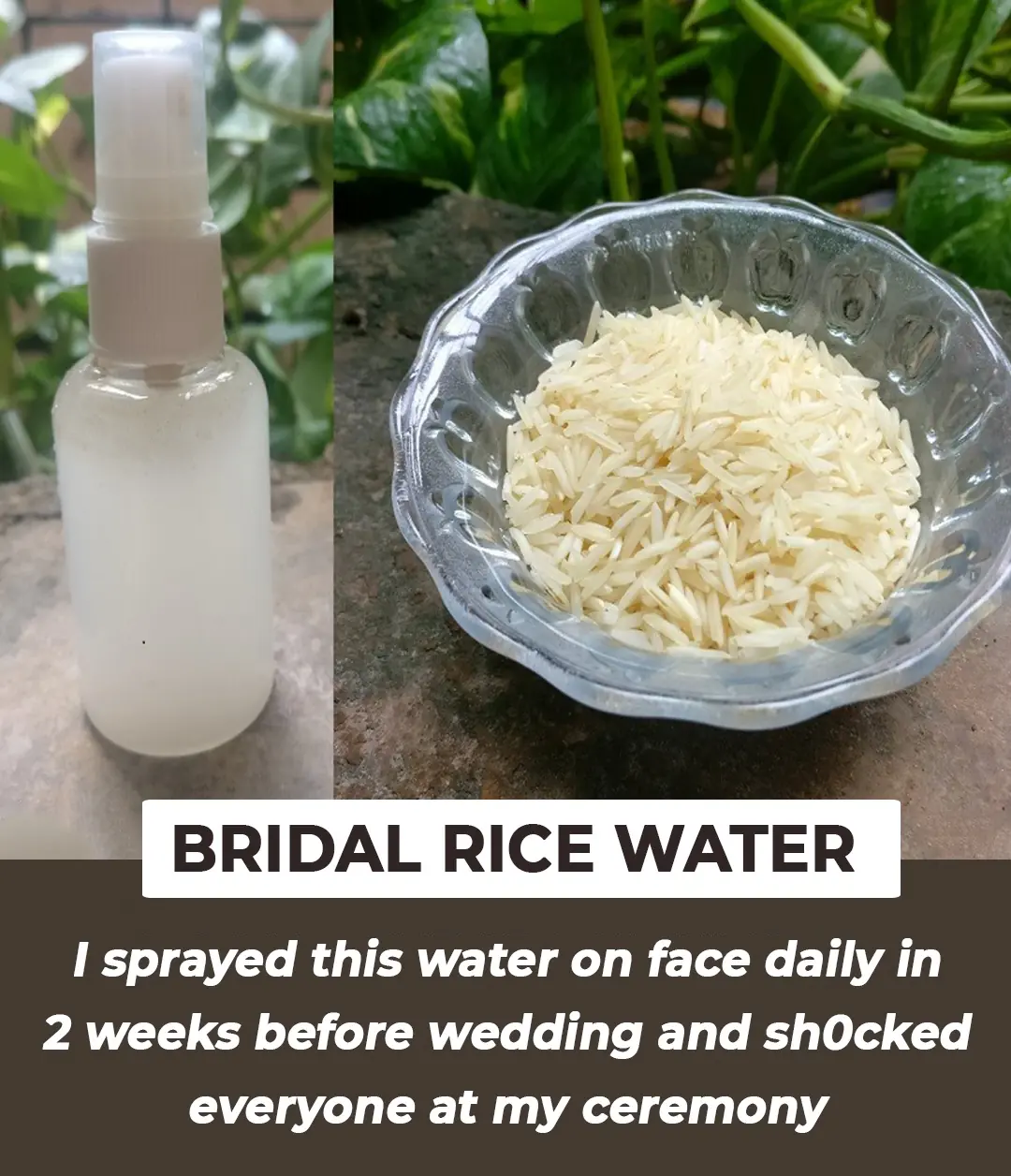
Rice Water for Skin | DIY Toner Benefits to Remove Dark Spots & Shrink Large Pores

The Ultimate Guide to Vaseline: 15+ Timeless Beauty Hacks for Skin, Lips & Hair
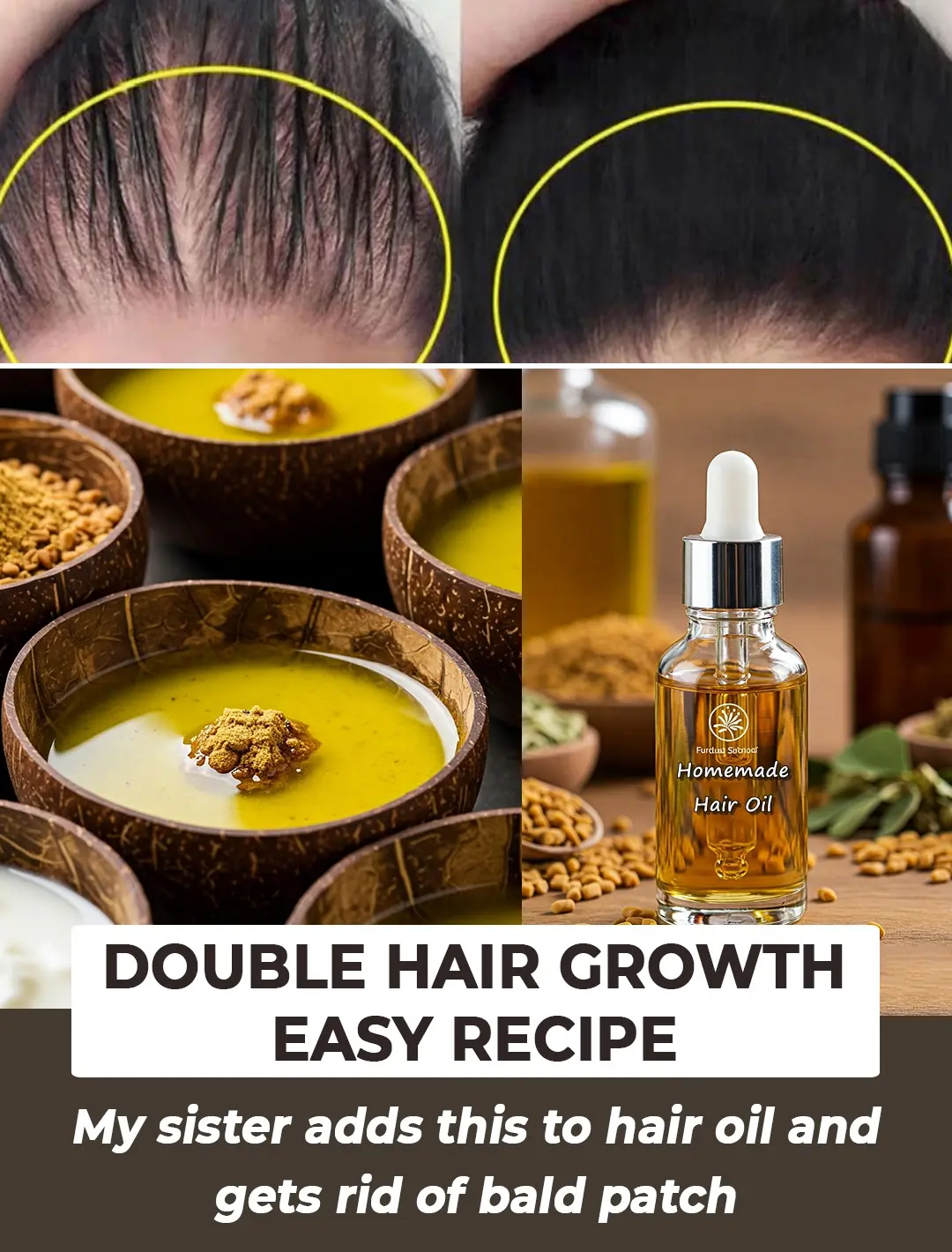
These Seeds Can Do Magic On Your Hair
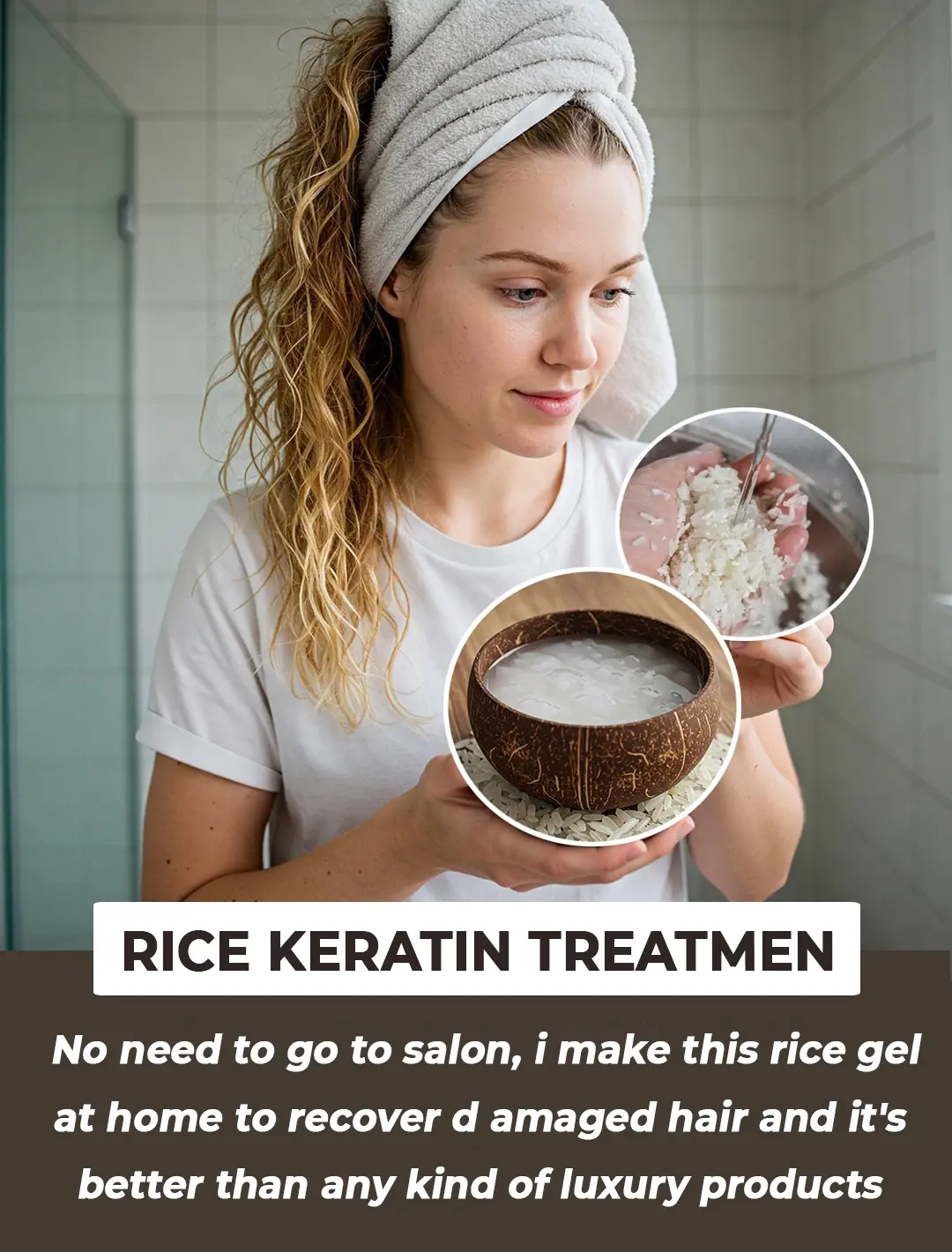
Achieve Salon-Quality Keratin Treatment at Home: A DIY Guide for Smooth, Shiny Hair
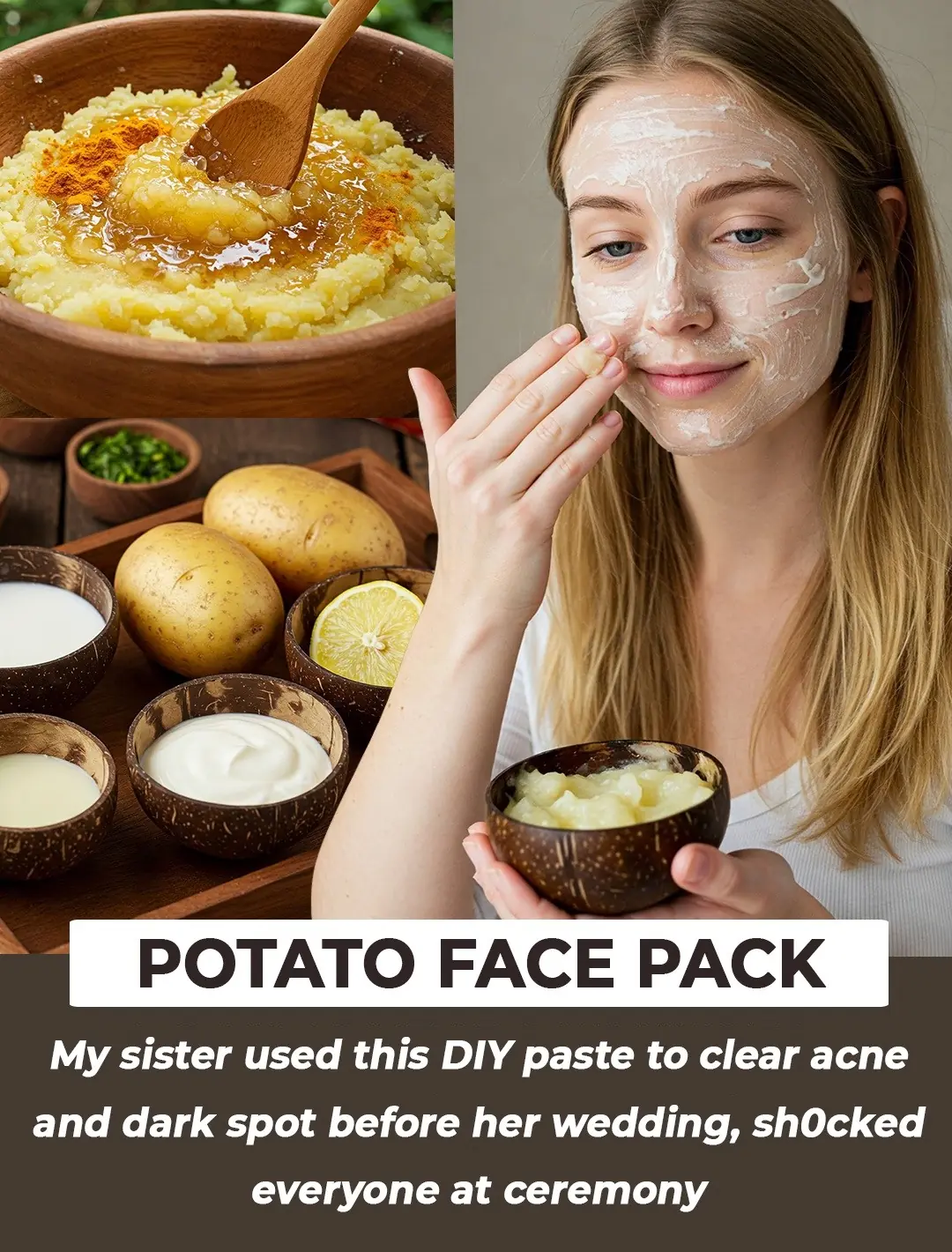
Unlock Radiant, Glowing Skin: Your Guide to the 10 Best Homemade Potato Face Packs

Craig Revel Horwood sparks backlash over "harsh" comments to George Clarke following emotional Strictly performance

Vitamin D3 cuts second heart attack risk by half
